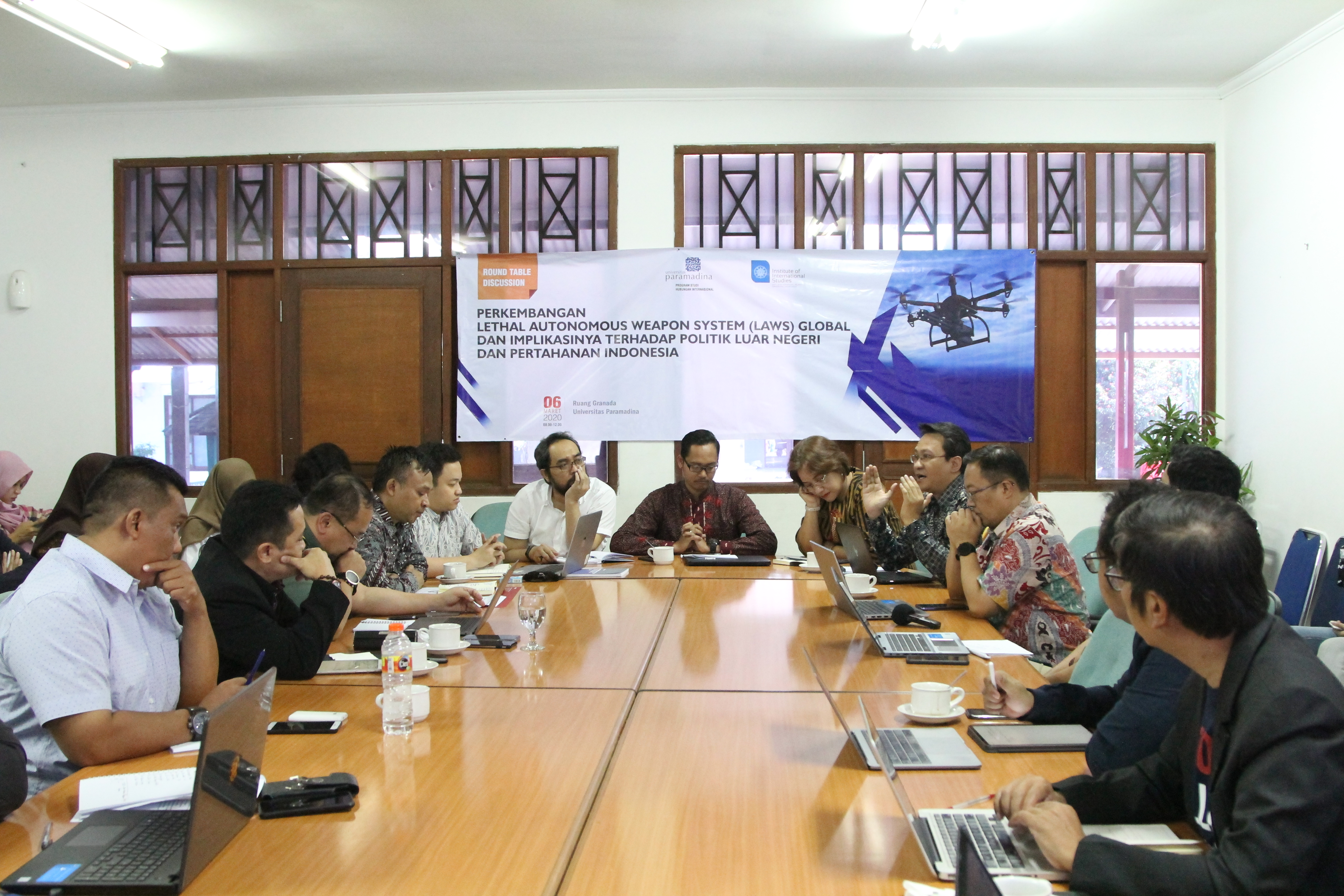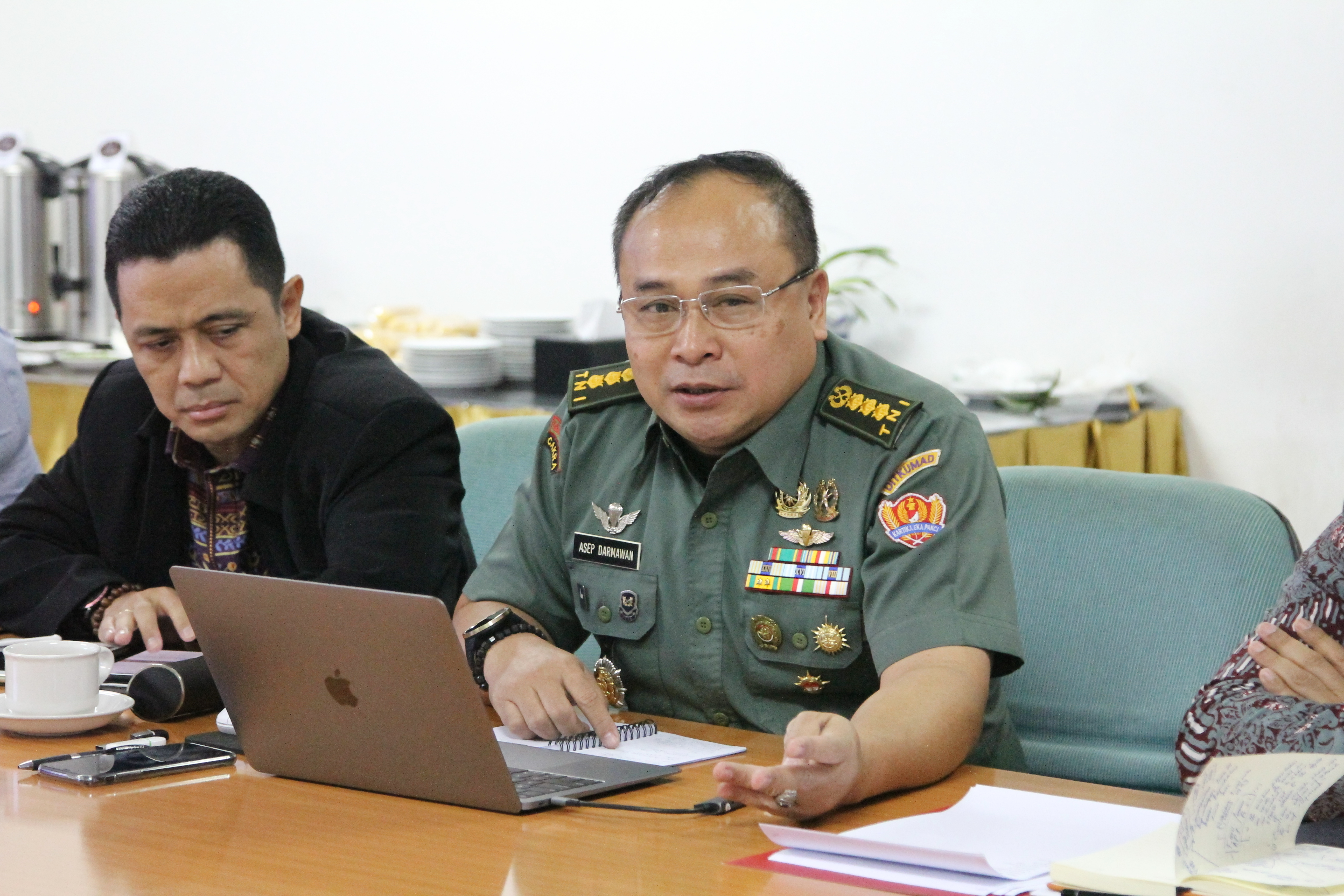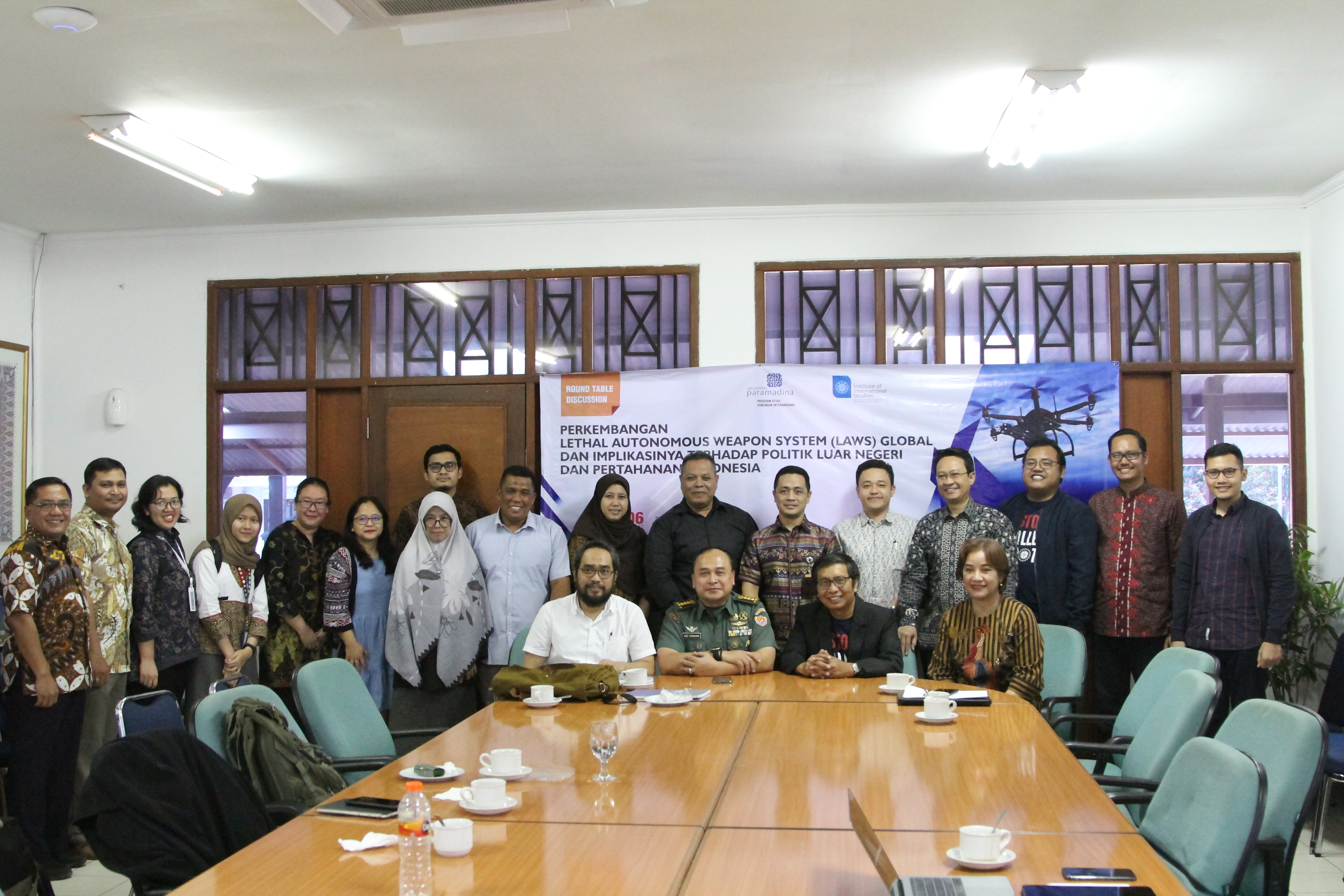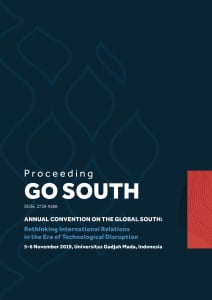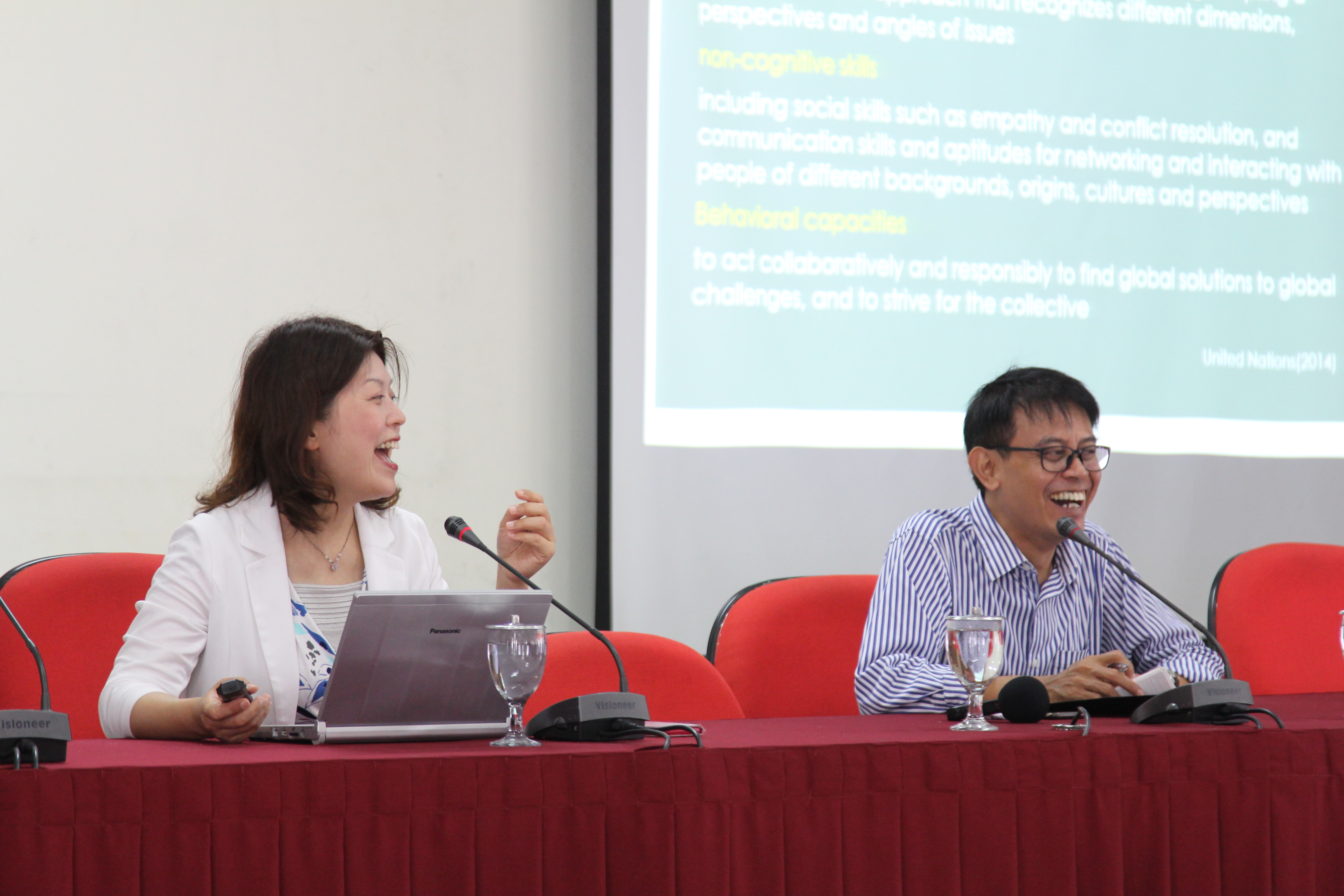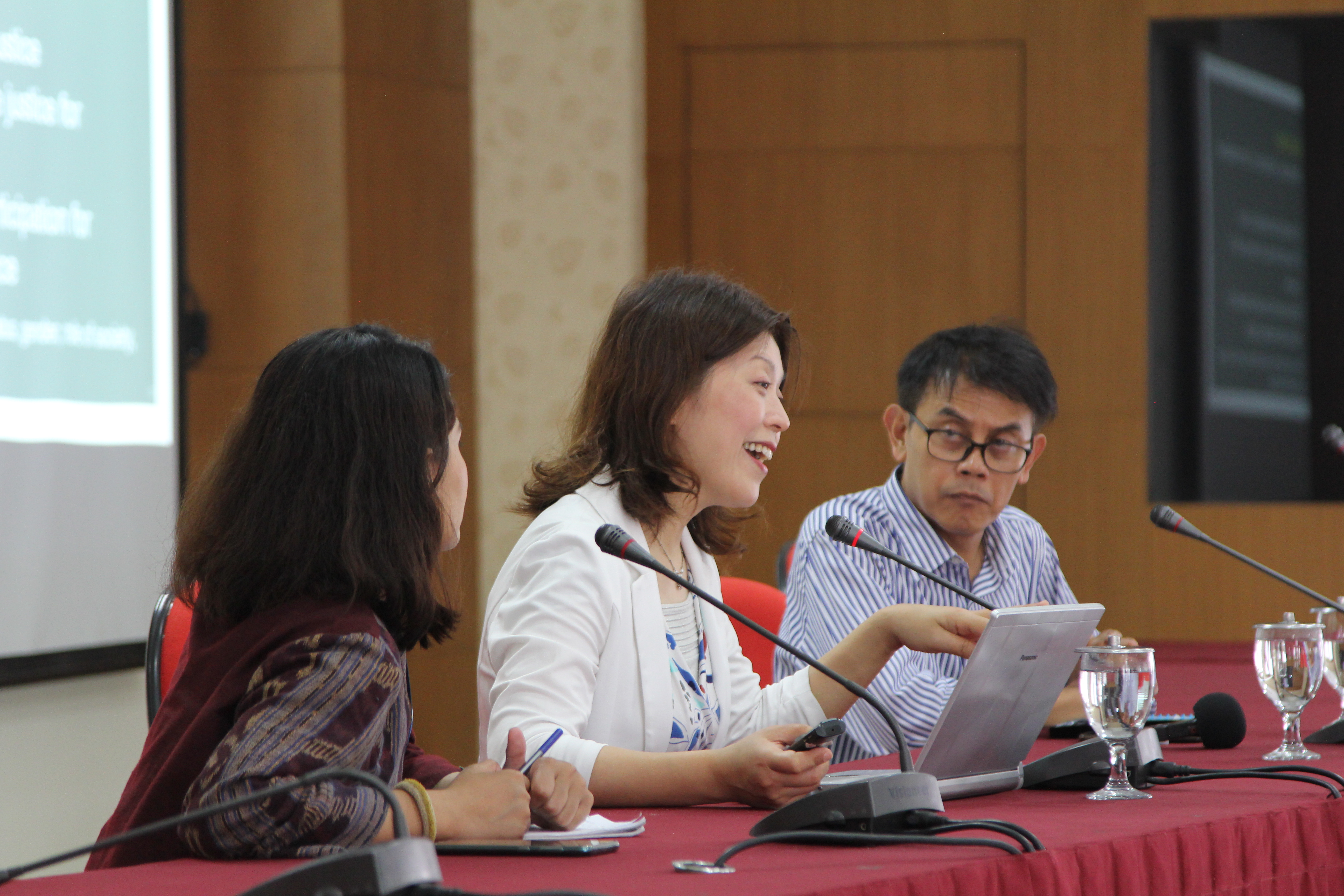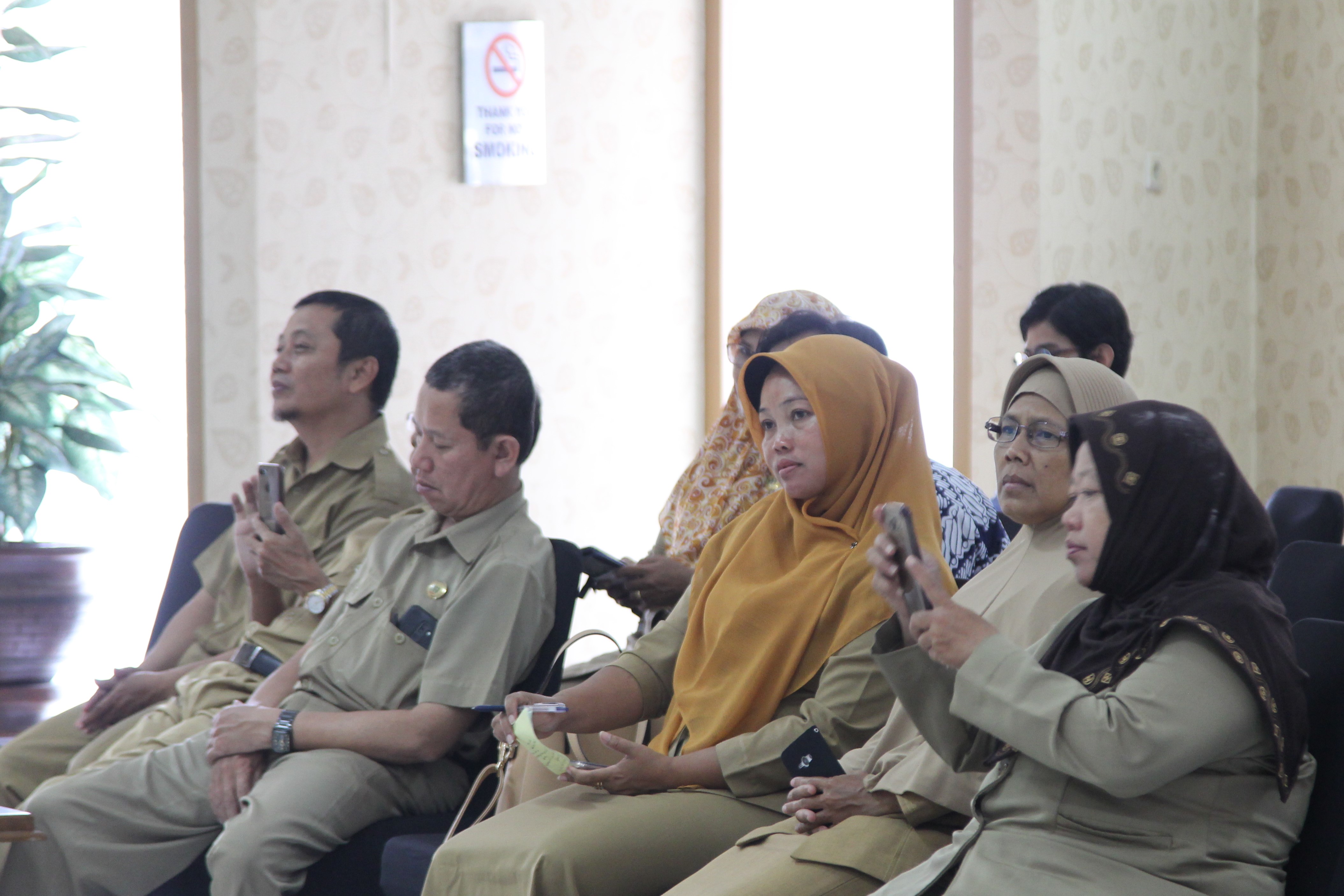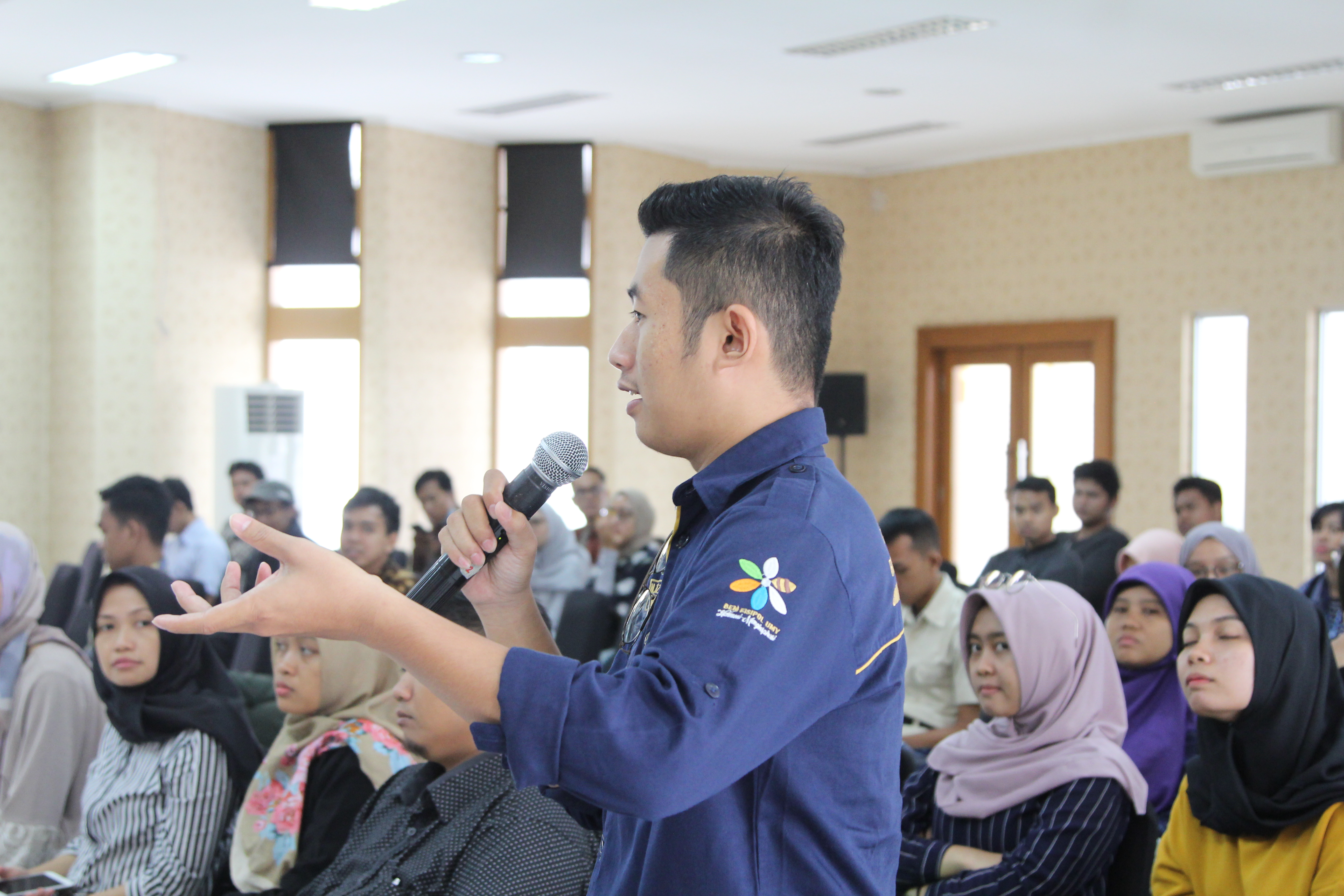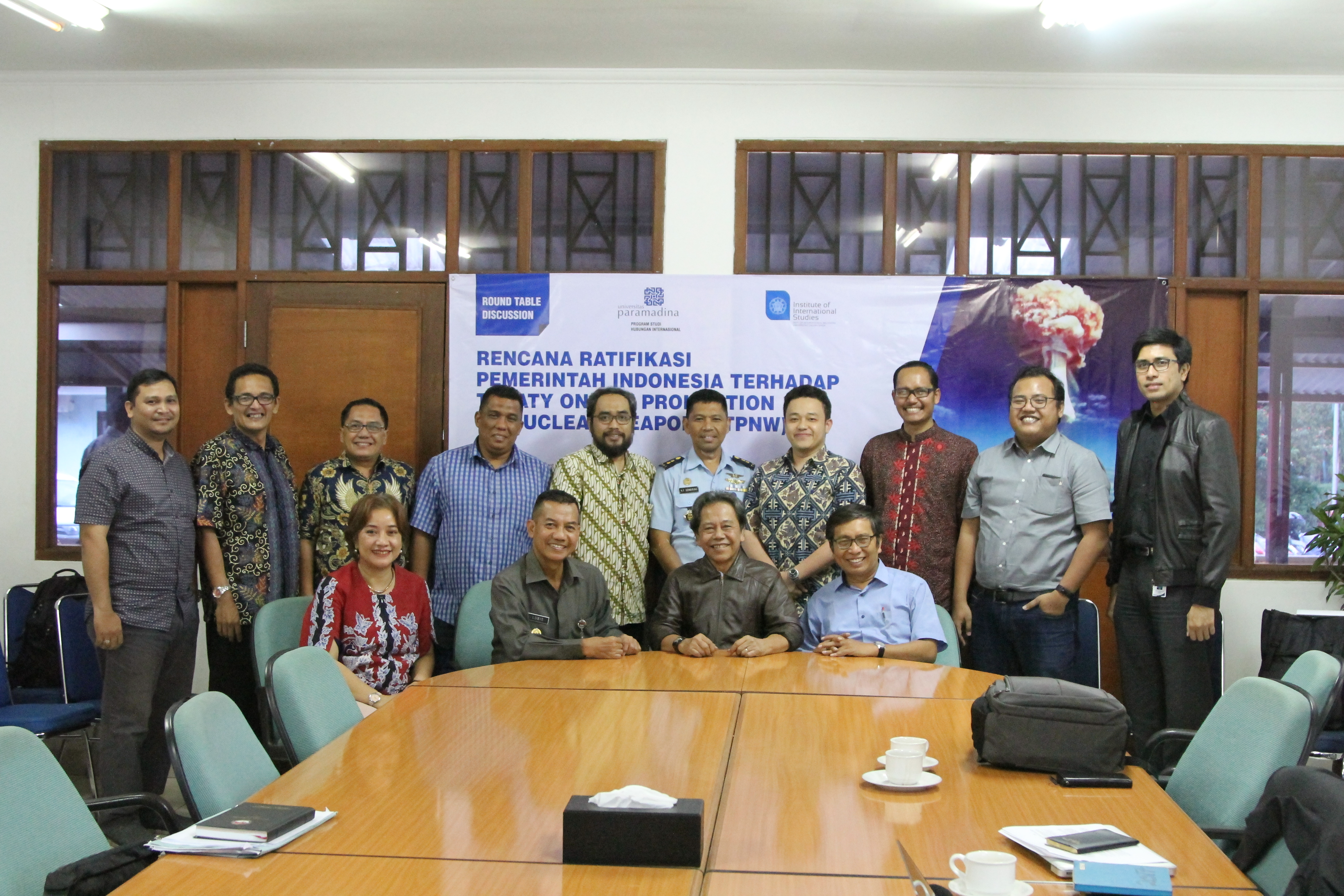[RECAP] Cangkir Teh : Water Governance for the Urban Poor and COVID-19 Crisis: The Case Study of Jakarta
Pergerakan pemerintah ke arah tatanan normal baru sebagai pilihan kebijakan dalam mengatasi pandemi COVID-19 saat ini menjadi hal yang sangat menarik untuk disoroti, terutama berkaitan dengan kesiapan—baik masyarakat maupun pemerintah—dalam menghadapi situasi ini. Di saat tatanan normal baru menuntut seluruh komponen masyarakat untuk lebih memperhatikan kesehatan (yang salah satunya meliputi cuci tangan sesering mungkin), penting untuk melihat bagaimana pengelolaan air dilakukan. Utamanya di wilayah urban poor, pengelolaan air perlu diamati dalam rangka memastikan akses setara terhadap air yang menjadi komponen utama pencegahan penyebaran COVID-19.
Berangkat dari hal ini, Institute of International Studies menyelenggarakan kegiatan Berbincang dan Berpikir tentang Hubungan Internasional (Cangkir Teh) pada Rabu, 17 Juni 2020 secara daring melalui Google Meet. Forum Cangkir Teh edisi ke-4 menghadirkan Marwa, M. Sc., peneliti di Center for World Trade Studies Universitas Gadjah Mada, sebagai pembicara. Marwa membawakan materi berjudul “Water Governance for the Urban Poor and COVID-19 Crisis: The Case Study of Jakarta”. Selain itu, forum ini juga mengundang Handono Ega, staf publikasi IIS UGM, sebagai moderator.
Marwa membuka diskusi dengan menyatakan bahwa persoalan tata kelola air menjadi topik yang sangat penting untuk didiskusikan karena masih terbatasnya akses masyarakat terhadap air di wilayah urban poor, utamanya di Jakarta. Tata kelola air yang buruk pada akhirnya menjadikan masyarakat urban poor sebagai pihak yang paling rentan terhadap pandemi COVID-19. Marwa menggunakan dua pendekatan dalam mendefinisikan pengertian dari tata kelola air, yaitu pendekatan environmental justice dan feminist political ecology.
Pendekatan environmental justice menyoroti pentingnya aspek rekognisi dan partisipasi dalam tata kelola air. Pendekatan ini mengkritisi bagaimana selama ini proses tata kelola air hanya mengutamakan aspek distribusi antara elit dan urban poor. Bagi pendekatan ini, rekognisi dan partisipasi menjadi poin penting yang selama ini hilang dari bahasan tata kelola air dan berkontribusi terhadap proses eksklusi masyarakat urban poor dalam skema tata kelola air. Persoalan rekognisi menjadi poin yang penting karena selama ini pemukiman mereka kerap dianggap ilegal. Hal tersebut berimplikasi pada terhambatnya akses air bagi mereka. Di sisi lain, partisipasi juga menjadi persoalan yang penting karena dalam praktiknya, masyarakat urban poor tidak dapat berpartisipasi dalam skema tata kelola air skala kota, apalagi ke dalam skala yang lebih rendah seperti rumah tangga dan komunitas. Karena aspek rekognisi dan partisipasi kerap luput dari pembahasan mengenai tata kelola air, kebijakan yang ada pun juga belum mencakup aspek-aspek tersebut. Ragam kebijakan yang dimaksud, di antaranya, mencakup: (1) cross subsidy tariff yang, walaupun menarik biaya lebih murah kepada masyarakat urban poor, belum memperhatikan aspek rekognisi; (2) flexible payment mechanism yang mengutamakan subsidi, namun kurang memperhatikan aspek rekognisi dan partisipasi; (3) master meter program yang menjadi alternatif bagi masyarakat yang tidak memiliki surat tanah, namun menjadi kontroversial karena dianggap melegitimasi “okupasi” masyarakat urban poor terhadap tanah ilegal.
Sementara itu, pendekatan feminist political ecology lebih mengutamakan praktik metode penggunaan air dalam kehidupan sehari-hari. Dalam praktiknya, pengelolaan dan metode penggunaan air tergantung pada dua faktor, yaitu kebijakan (policy-driven) yang membutuhkan kerjasama publik dalam skala yang besar dan kebutuhan (needs-driven) yang biasanya terbatas pada skala komunitas terdekat. Dalam analisisnya, Marwa menyatakan bahwa akses terhadap air sangat tergantung pada identitas individu, seperti pendatang/warga asli, rumah permanen/semipermanen, jumlah orang per rumah, status pemilik tanah, bahkan kedudukan individu tersebut dalam komunitas. Identitas yang berbeda ini akan berpengaruh pada metode perolehan air seperti apa yang akan digunakan. Hal yang penting untuk digarisbawahi adalah bahwa sayangnya, identitas tertentu akan lebih diuntungkan dibanding yang lain. Salam konteks ini, urban poor menjadi pihak yang terancam tidak memperoleh akses terhadap air yang layak. Kritik yang disampaikan melalui pendekatan feminist political ecology cukup jelas, yaitu bahwa selama ini kebijakan yang dikeluarkan cenderung melakukan generalisasi dan pada akhirnya tidak mampu menjangkau keseluruhan masyarakat, terutama urban poor.
Jika melihat situasi di Jakarta, proses tata kelola air yang melibatkan berbagai stakeholder dalam skala yang berbeda-beda justru belum mampu memberikan akses terhadap air yang baik bagi masyarakat urban poor, terutama di masa pandemi COVID-19. Adanya kebijakan PSBB dalam rangka menekan angka penyebaran COVID-19 memaksa masyarakat untuk menegosiasikan kebutuhannya terhadap air dan sanitasi yang sangat penting bagi kesehatan. Akibat dari tidak diperhatikannya aspek rekognisi dan partisipasi, pendatang yang tinggal di Jakarta justru semakin kesulitan untuk mendapatkan akses terhadap air. Upaya yang dilakukan pemerintah juga masih sebatas pengadaan fasilitas cuci tangan di daerah urban poor yang, tentunya, tidak mampu memenuhi kebutuhan sehari-hari mereka terhadap air. Di akhir presentasinya, Marwa menyatakan bahwa alih-alih terus memperdebatkan persoalan remunisipalisasi dan privatisasi, penting bagi pemerintah untuk segera bergerak ke arah proses rekognisi dan partisipasi bagi masyarakat dalam proses tata kelola air. Tidak hanya itu, jika selama ini urban poor hanya dijadikan propaganda untuk memperbaiki proses tata kelola air, pandemi COVID-19 sejatinya menjadi momentum yang tepat untuk menyuarakan pentingnya pengelolaan air yang lebih adil, fleksibel, dan berkelanjutan bagi seluruh masyarakat.
Penulis : Brigitta Kalina Tristani Hernawan
Penyunting : Medisita Febrina





